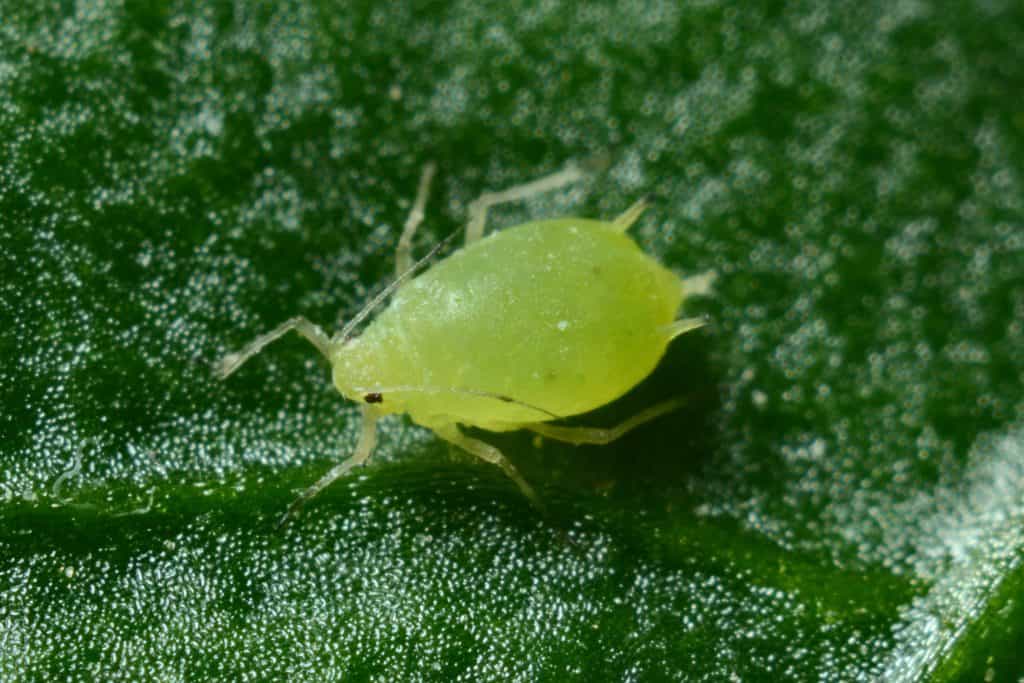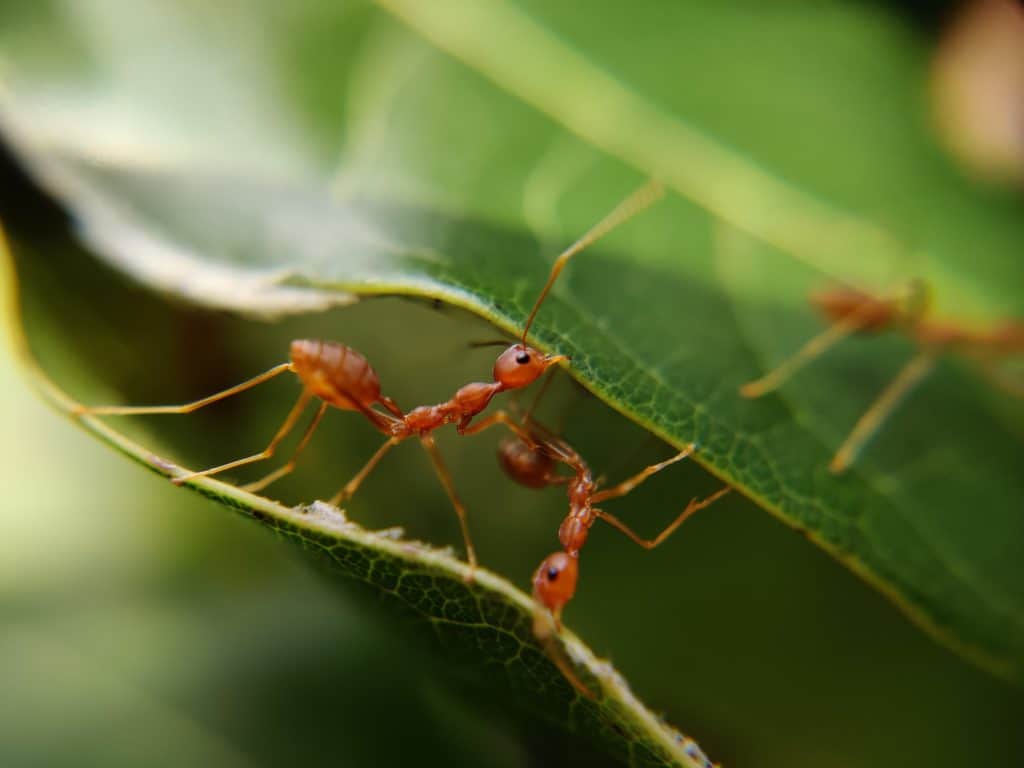Have you ever noticed ants on your plumeria? It can be alarming when they are swarming around the base of your plant. What are they doing there? Do they eat the roots? Is it some disease that is killing my plant? These are all common questions, but there are many more reasons you have ants on your plumeria plant. Here are potential explanations for this curious occurrence:
1) When soil gets compacted beneath the surface, an ideal environment is created for many pests to thrive in. One pest that particularly likes this environment is the argentine ant ( Linepitma humile ), which will eat plumeria roots and disrupt the plant’s growth. To avoid this, aerate the soil with a pitchfork to keep it loose and provide oxygen to the roots. Other types of ants are most likely harmless to your plumeria.

2) Ants may be attracted to your plant because of an aphid infestation on your plumeria plant. Aphids cause leaves to curl under and secrete a sticky substance called honeydew, which ants love! Ants protect these pests from predators as well as physically carry them from one area of your yard to another. If you see ants all over your plants, now is your chance to take action against those pesky aphids! You can use insecticidal soap or apply neem oil for best results.
3) Ants are nature’s janitors. They are always on the lookout for food sources to bring back to their queen, so your plant is just another source of protein for them. If you have aphids present, you will see more ants traveling around your yard looking for food.
4) Sometimes, ants simply enjoy the sweet nectar that plumeria flowers provide! Keep in mind that if there are lots of ants swarming your plumeria, it could also indicate a reason other than the one mentioned above. So check underneath leaves for aphids or scale insects.
5) Whiteflies look like small flies hovering over a leaf. They lay clusters of yellow eggs on the underside of leaves and cause leaves to be yellow and drop off. The adults can fly away from the plant, so it is best to treat them before they leave.
6) Ants build nests outside in moist soil, under rocks or woodpiles, etc., so if there are ants in your yard, they may want to build one close by your plumeria.

7) Sometimes, if the soil is too dry, ants will look for water sources to keep hydrated. If you see lots of ants on the surface of your potting mix, this might show that you need to water more frequently.
8) Ants can also live in symbiosis with mealybugs and scale insects. The ants protect these pests from predators as well as physically carry them from one area of your yard to another. You can use insecticidal soap or apply neem oil for best results against mealybugs or scale insects.
9) Lastly, if you live in an area with lots of rainfall, but your tree is not draining properly, ants may build nests inside the pot itself because it is constantly wet. This can lead to root rot and other problems. Try using less water on your plumeria plant, so the soil dries out more frequently, causing any ants nesting inside the pot to leave. Also, try placing your plant in a sunnier location.
Overall, ants are not always a bad thing. If you don’t discover mealybugs, scale, whitefly, or similar bugs, then the ants are most likely not harming your plant. Especially if you see them just walking around on the plant itself.
However, most of the time, the ants are on your plumeria for a reason, and the most common reason is that they are protecting another insect. The bugs that the ant’s protect will harm your plumeria and should be taken care of as fast as possible.
